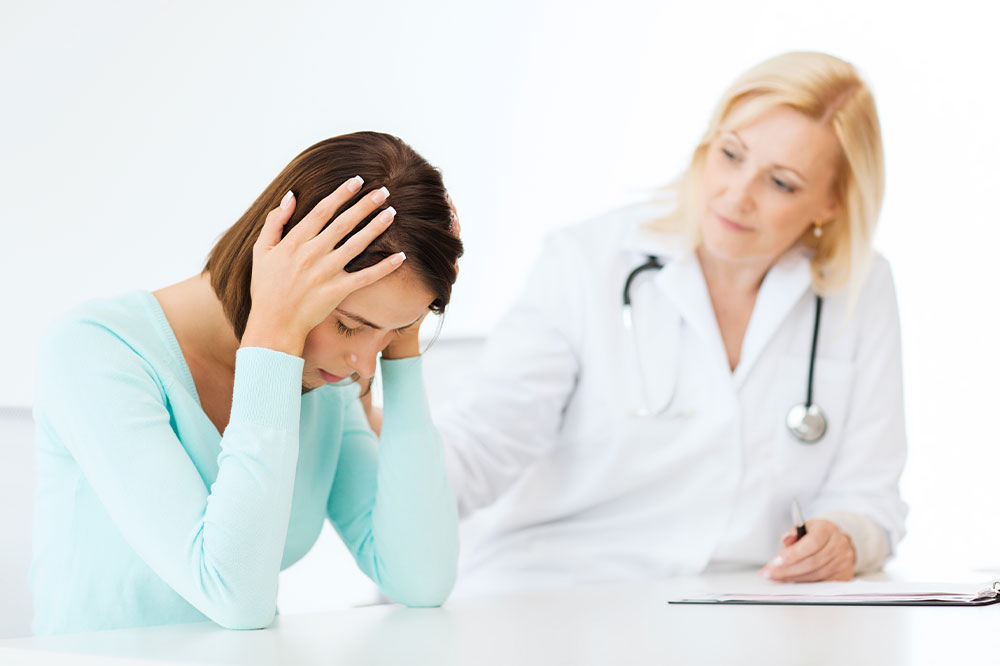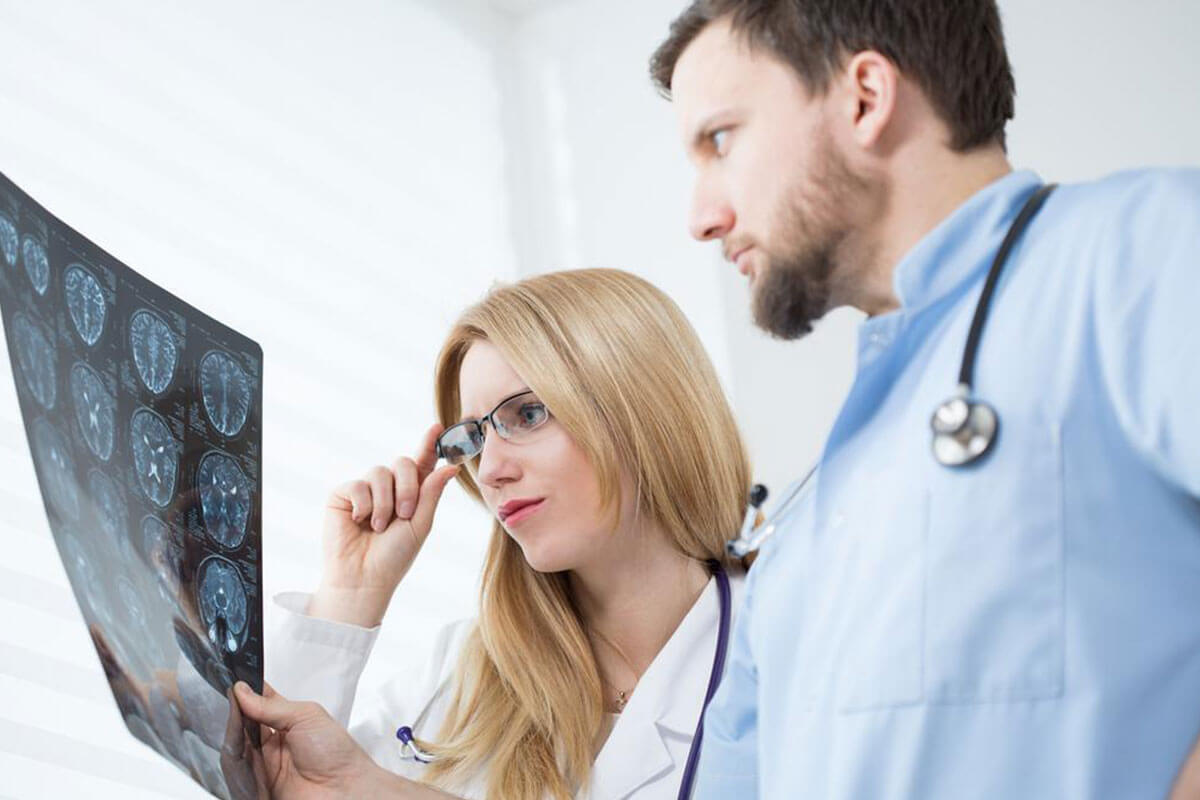Causes, symptoms, and treatments for depression
Depression is a condition wherein people suffer from a persistent mood disorder that comprises prolonged sadness and a loss of interest. Also termed as the major depressive disorder, one can face problems performing regular activities and require treatment for a long period of time. Chemical abnormalities in the brain are one of the main causes of depression.
Causes of depression
Exact causes are still not known for a patient going into a depression.

Symptoms of depression
Depression has a number of symptoms. Some symptoms are general while the others vary according to the age of the patient. It can happen to any person of any age or gender. The general symptoms are as shown below:
- Frustration, anger, and irritable outbursts on small matters
- Feelings of sadness and persistent emptiness
- Insomnia or prolonged sleep in many cases
- Isolation and a loss of interest toward human interaction, hobbies, sex, and sports
- Appetite loss or excessive consumption of food, resulting in weight gain
- Feelings of guilt, low self-esteem, reduced self-confidence
- Suicidal thoughts and attempts
- Movement and speech abnormalities
- Pain and headaches due to unexplained reasons
- Personality changes
In the case of most patients, the above symptoms are severely found and they become distinctly noticeable.
Symptoms in children
- Refusing to attend school
- Loss of interest toward interaction with friends
- Appetite loss and being underweight
Children in their teenage years can show the following symptoms:
- Anger
- Feeling of worthlessness
- Addiction toward alcohol.
- Poor attendance and performance in school
One should always seek medical attention immediately if any of the above symptoms advances to the acute level. One should look for support from dear friends or suicidal tendency helpline number in case of an emergency.
A very important thing that family and friends need to take care of is that the patient of depression should not be left all to himself. In case one has attempted suicide, it is sure that the person can go for another one.
Treatment for depression
There are numerous treatments for managing depression. One should always follow the path shown by the doctor. The following medications are widely accepted to treat a patient suffering from depression:
- Atypical antidepressants
- Serotonin-Norepinephrine reuptake inhibitors
- Tricyclic antidepressants
- Selective Serotonin reuptake inhibitors
- Monoamine oxidized inhibitors
Psychotherapy considered to be one of the most effective ways of treating depression. This is also known as talk therapy which brings quality results of treatment for the patients. The things it can help with are given below:
- Reinforcing positivity in a patient, disposing of the negative thoughts
- Positive interaction developments
- Behavior changing plans
- Help to set a good goal for life
- Exploring good ways to solve problems
Other treatment options
In case the patient fails to respond to the above treatments, Transcranial magnetic stimulation and electroconvulsive therapy can also be given to the patients.
- In the case of transcranial magnetic stimulation, the coil which is placed against one’s scalp sends magnetic waves to the nerve cells in the brain. They treat the cells triggering depression.
- In the case of electroconvulsive therapy, electrical waves of current are passed to the brain, which treats the effect of neurotransmitters in a patient




